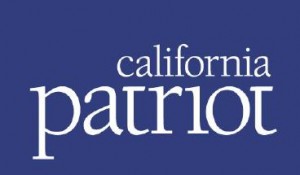The city's argument was that Prop. 209 stacks the deck against minorities and women by passing restrictions that can be dislodged only by another ballot measure, while groups like veterans and local businesses remain free to lobby
lawmakers for preferential treatment.
Attorney General Jerry Brown endorsed the argument, saying in a court filing that Prop. 209 fosters the discrimination it was supposed to eliminate. But the justices were unpersuaded.
This marks at least the second time that Attorney General Brown has gone against the will of the voters. He endorsed a challenge to Proposition 8 in 2009, after previously saying he would defend the people's vote. In that case as well, his opinion was rejected by the court.
Fortunately, even without the Attorney General's cooperation, these measures have been defended by other entities. However, that might not be the case if he is elected governor. The governor has a great deal of power to affect litigation involving the state. The 1994 Proposition 187 was never implememnted not because of a federal court ruling, but becasue then Governor Gray Davis refused to appeal. As governor, Brown could kill ballot measures he disagrees with simply by refusing the defend them in court. Given his actions as Attorney General, that seems like a very real possibility.

No comments:
Post a Comment